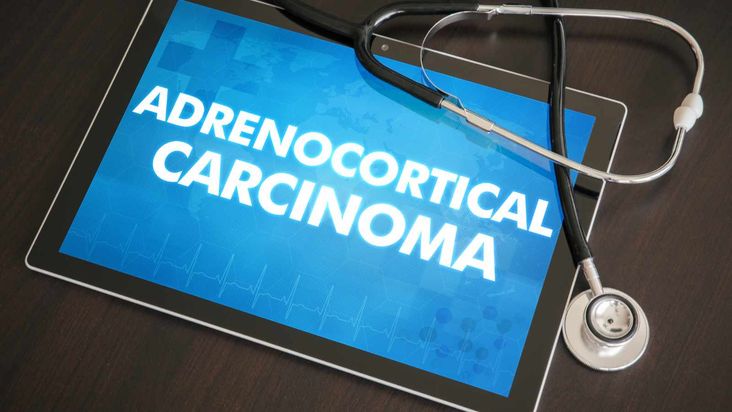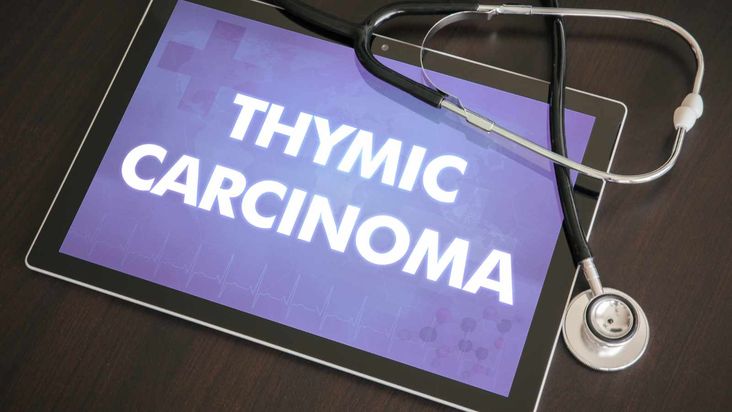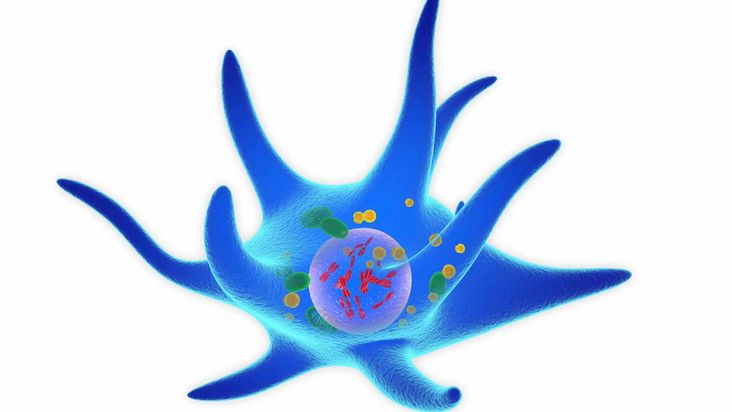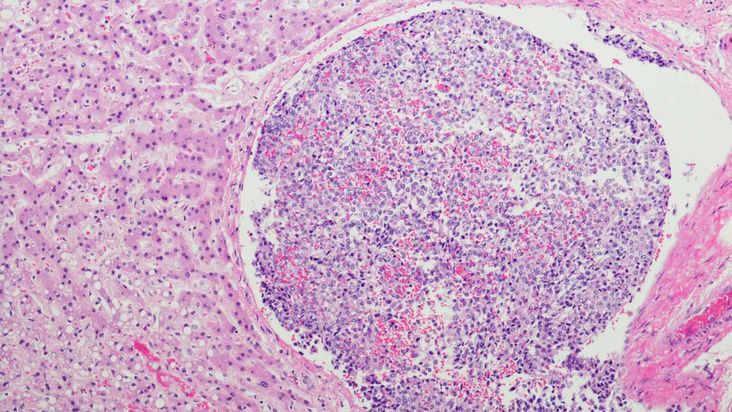Unfamiliar Cancer Varieties: Discovering 12 Lesser-Known Types
Cancer is a term that encompasses a vast spectrum of diseases, many of which are familiar to most people. Many lesser-known types of cancer often remain unnoticed despite their severity and impact. This article sheds light on 12 such unusual types of cancer, enhancing awareness and understanding of these lesser-known diseases.
Cholangiocarcinoma

Cholangiocarcinoma is a rare type of cancer that affects the bile duct, a thin tube that carries bile from the liver to the small intestine. This cancer can occur in any part of the bile duct and is often diagnosed at an advanced stage, making it difficult to treat.
Adrenocortical Carcinoma

Adrenocortical carcinoma affects the adrenal gland, which produces hormones that regulate various bodily functions. It usually presents with symptoms of weight gain, high blood pressure, and abnormal hormone levels. Adrenocortical carcinoma is rare and often aggressive, posing challenges for treatment.
Thymoma and Thymic Carcinoma

Thymic cancers originate in the thymus, a small gland behind the sternum. Thymomas, one type of thymic cancer, are generally slow-growing tumors arising from the thymus’s epithelial cells. On the other hand, thymic carcinomas, a different kind of thymic cancer, can be more aggressive and have the potential to spread to other parts of the body.
Gallbladder Cancer

Gallbladder cancer is relatively uncommon, and it starts in the gallbladder, a small organ located beneath the liver. This form of cancer typically develops due to the accumulation of abnormal cells in the gallbladder, which can spread to nearby organs and tissues if left untreated.
Merkel Cell Carcinoma

Merkel cell carcinoma is an aggressive form of skin cancer that primarily manifests as firm, shiny nodules on the skin. This type of cancer is closely associated with factors like prolonged exposure to ultraviolet light, notably from the sun or tanning beds, as well as a compromised or weakened immune system.
Uveal Melanoma

Unlike the more common skin melanoma, uveal melanoma develops in the eye’s uvea, which includes the iris, ciliary body, and choroid. This type of melanoma arises from the pigment-producing cells within the eye, posing unique diagnostic and treatment challenges.
Early diagnosis is critical to identify and address uveal melanoma’s potential for metastasis, which can lead to severe complications and affect the overall prognosis.
Penile Cancer

Penile cancer originates in the tissues of the reproductive organs of men. This type of cancer is often associated with human papillomavirus (HPV) infection and commonly affects older include changes in the skin and appearance of the male reproductive organ, pain or discomfort, and swelling in the groin area.
Mesothelioma

Mesothelioma affects the thin tissue layer covering most internal organs, the mesothelium. This disease is often associated with exposure to asbestos, a mineral used in various industries until its harmful effects were discovered. Due to its long latency period, mesothelioma is often diagnosed at an advanced stage, making it challenging to treat.
Hepatoblastoma

Hepatoblastoma is a rare liver cancer that primarily affects young children. Despite its rarity, it is the most common type of liver cancer in children. This cancer can develop from abnormal liver cells and often presents with symptoms like abdominal pain, weight loss, or a lump in the abdomen.
Acinic Cell Carcinoma

Acinic cell carcinoma is a type of cancer originating in the salivary glands responsible for producing saliva. This rare form of cancer typically appears as a lump or bump on the face or neck and can affect both adults and children. It is usually slow-growing but can spread to other body parts if left untreated.
Follicular Thyroid Cancer

Follicular thyroid cancer is a less common subtype of thyroid cancer. It is characterized by the slow growth of abnormal cells in the thyroid gland’s follicular cells. This type of cancer has a good prognosis when detected and treated early, as it allows for effective management and potential cure.
Gastrointestinal Stromal Tumors (Gist)

Gastrointestinal stromal tumors, or GISTs, are rare cancers originating in the digestive tract’s connective tissue. These tumors can arise anywhere along the gastrointestinal tract and often present with symptoms like abdominal pain, blood in stool, or difficulty swallowing. Treatment options for GISTs include surgery, radiation therapy, and targeted drug therapy.